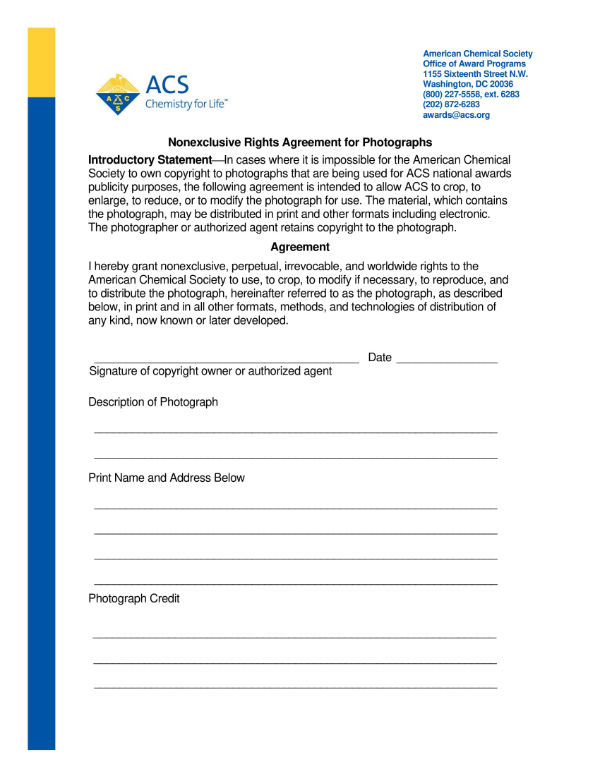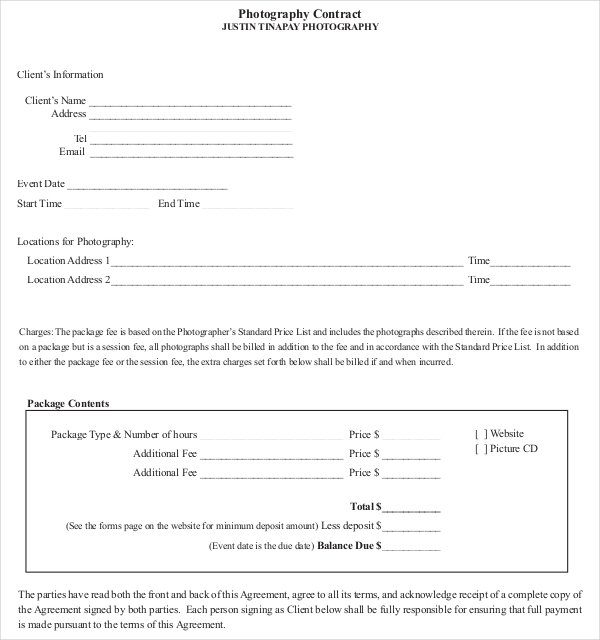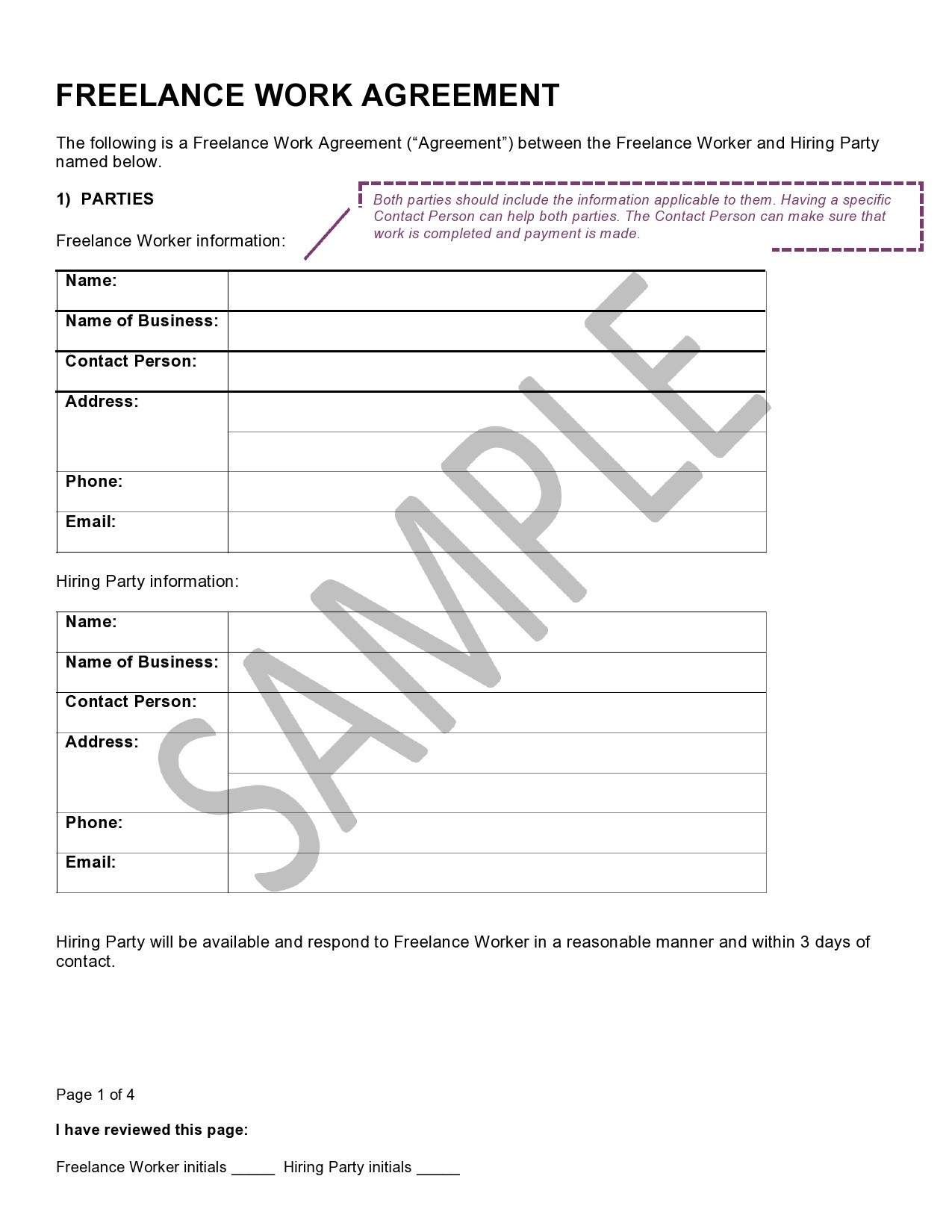
If the project’s extended or the contract expires, renew the contract. This is pretty essential, as you can face a whole tidal wave of complications if you and your freelancer are working on a different freelance contract. If the project changes – whether it be in scope, purpose, price, or timeframe – make sure you update the contract to reflect the alterations.

Different types of projects will need different contracts to properly cover them.

Make sure that the terms in the freelance contract template apply to the project – and if not – amend it. This is your project, after all – you should be putting effort into it! Whether it’s your own template or one you’ve sourced from elsewhere, don’t just hand it over to a freelancer entirely unaltered. Don’t use an unaltered templateįreelance work is hard enough – as a client, you don’t want to make it harder by being outright lazy. The last thing you want is to have a clause you didn’t know existed backfire in your unsuspecting face… 2. The best idea is to take the time to draw up a contract that you know for a fact is watertight for freelance business. Plus, it’s pretty risky in terms of copyright law. You don’t know if the terms of that contract even apply to the project in question. Don’t use someone else’s contractįor clients who are starting to play around with all that legal jargon, it can be really tempting to just use someone else‘s terms to save you the hassle of drawing up unique freelance contracts.īut, this is a really bad idea. So, when you’ve sat back, written up your contractual agreement, consider our top tips on what NOT to do. Well, contracts are super important for freelance work, as they’re a safety net for both the client and the freelancer. Not taking the time to draw up a proper freelance contract can be way more trouble than it’s worth.

Firstly, if you’re working with a freelancer, you will need a freelance contract.


 0 kommentar(er)
0 kommentar(er)
